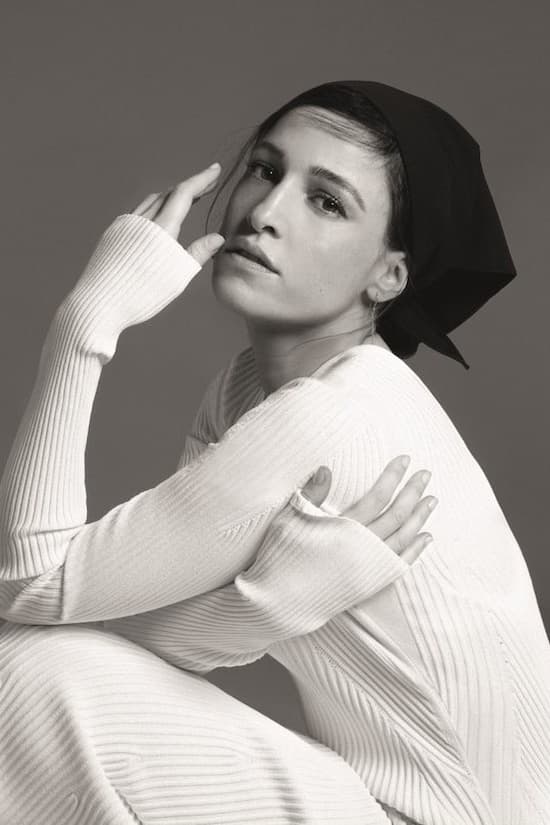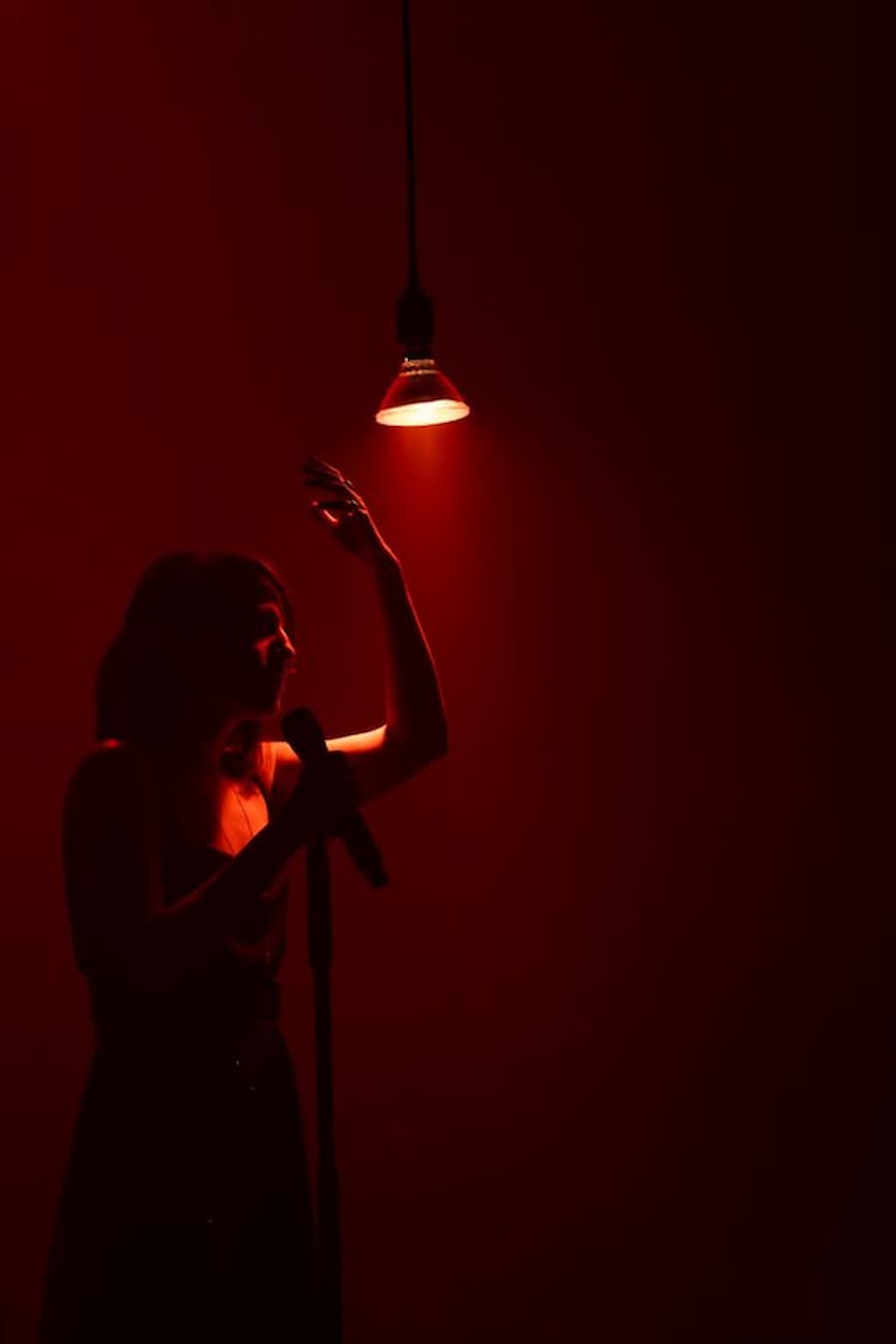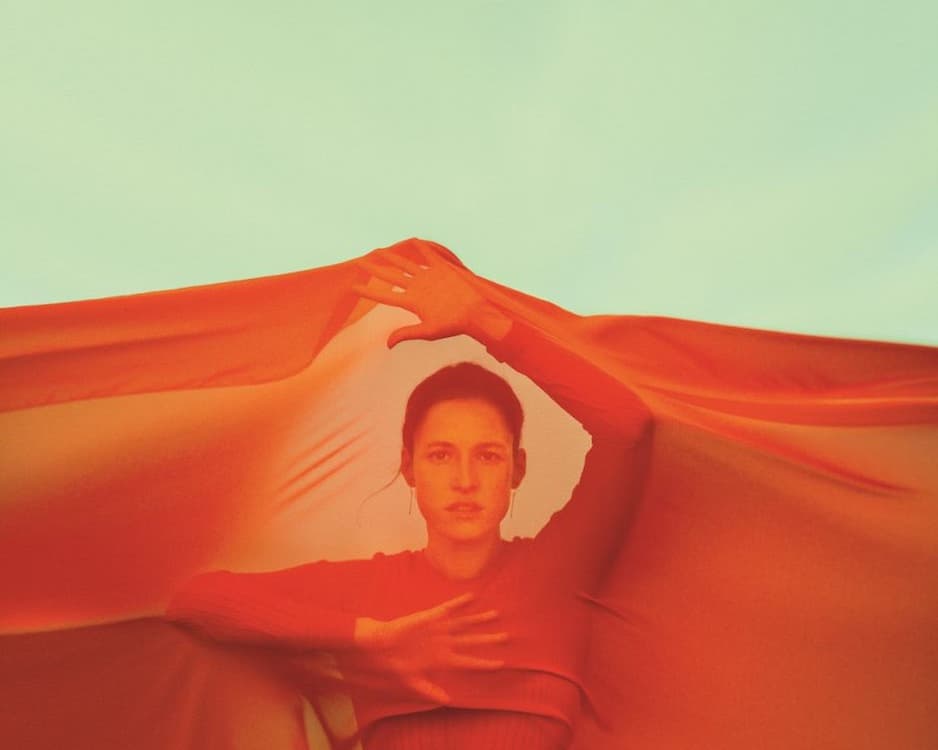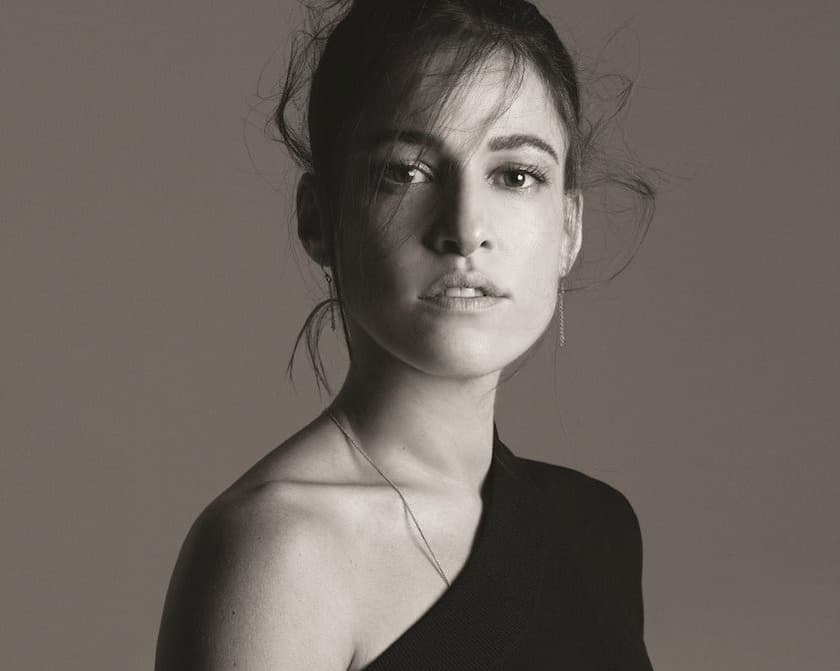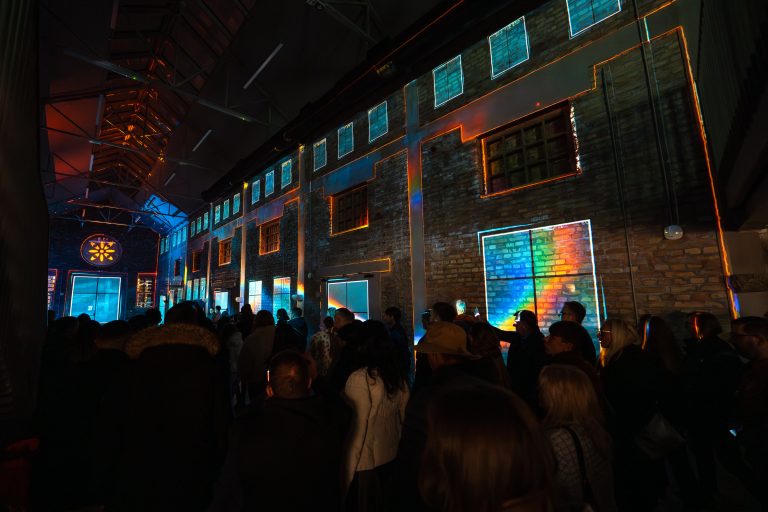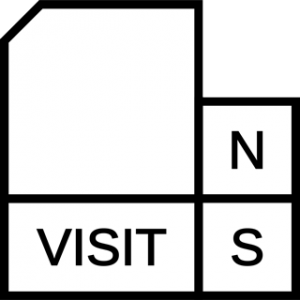The Novi Sad audience will have a chance for the first time to hear fado live at your concert, which will be held within the opening ceremony of the European Capital of Culture. You will perform in the oldest Serbian theatre, so what can we expect on 13 January and what songs the queen of fado music is preparing for us?
I’m very happy to be in Novi Sad for the first time. Of course it’s an honor to present myself in the Serbian National Theatre, but specially in this remarkable moment for the city the European Capital of Culture. I’m very excited to present my last album Maria with some song of other albums, but the concert is focused on this last work. I’ve been in Serbia before but it’s always when new you come back with new work.
This will be your first concert in Novi Sad, but not your first performance in Serbia. You sang in Belgrade two years ago. What experiences did you bring from Serbia?
The other presentation I had in Serbia was incredible, I think the Serbian audience is very warm and they give us a lot. I think it’s very important in a fado concert to have this share of energy between the stage and audience, all the concerts are different because of that, because there’s a different ambience, so the result is always new and unique, I’m very happy to come back.
You grew up in a musically oriented family, among guitars and fado voices, and you are the daughter of the famous singer Teresa Siqueira. Was your professional journey determined thanks to your mother, and who, apart from her, was your greatest role model and incentive to enter the world of music yourself? What was life like coloured by music of longing and nostalgia?
I started to sing fado at the same time I started to speak portuguese. So this knowledge and this fado culture I had was very strong in me, it’s something that came from my childhood. In this prespective I cannot separate fado from myself, it’s a way that I have to see the world and to express myself, put out my thoughts, desires and feelings. There was a lot of music in my house, not only fado, my mother was my biggest inspiration, but also other fado singers that I had the opportunity to see live in home, because at the time my parents did they own fado sessions at home and I had this opportunity to see and listen since I was two or three years old. And also the albums my parents had at home, I listen to a lot of brazilian music, a lot of the classical american standarts, and the jazz standarts, the classic music, the protuguese and international rock, The Beatles, Simon & garfunkel, Queen… I had a lot of different inspirations and the opportunity to be myself, it’s very important.
What music genres do you prefer besides fado, what kind of music do you listen to in your free time?
I see the achievement as a fuel to continue, of course my most incredible experiences were not just only my albums but also the collaborations I have with other artists, for me it’s the most precious thing that I have in my carreer. Much more than any award. I think the awards are just good to recognize that you did something that people liked till that moment. I work for me, for my related people in the arts, but I don’t want people to accept what I do, if they like I will be very happy, if not I will keep on my truth, on my own path hoping that maybe one day day like, but it’s not the most important thing. So the award its special but it’s not my mainly preocupation. My mainly preocupation it’s to to my work and my choises with honesty, with truth, keeping my identity, integrity and also the collaborations with other are very important to learn, to grow and to be a better artist.
Lisbon, where you were born, won the title of European Capital of Culture in 1994, the city of Porto carried that prestigious title in 2021, and Novi Sad will hold it in 2022. How important do you think this title is for a city and what does it bring along?
I see it’s very important the title of European Capital of Culture because you can have the attention of the world, as a city not as a country, because each city has different kind of characteristics and a very specifical identity, and we are very different city to city. Even if you have a small country like Portugal, you can see that differences. So it’s a good time for a city because in addition to this attention you’ll probably have money to invest in the artists of the city and to promote their work, also to combine information of the city and to regionalize the identity. For Portugal it was very important, Lisbon and Porto in different times, were capital of culture and it was a completly different and promoted, it was incredible to see all the artists and production from each city.
In addition to the preparations for the opening ceremony of the European Capital of Culture, what are you currently working on?
In this moment I’m also preparing a new album, working in the compositions and repertoire, looking for new poems, new lyrics, new compositions, not just only composed by me but also from other artists, and classicals that I’m always looking for. So I hope this year you can hear news from me about this new album.

